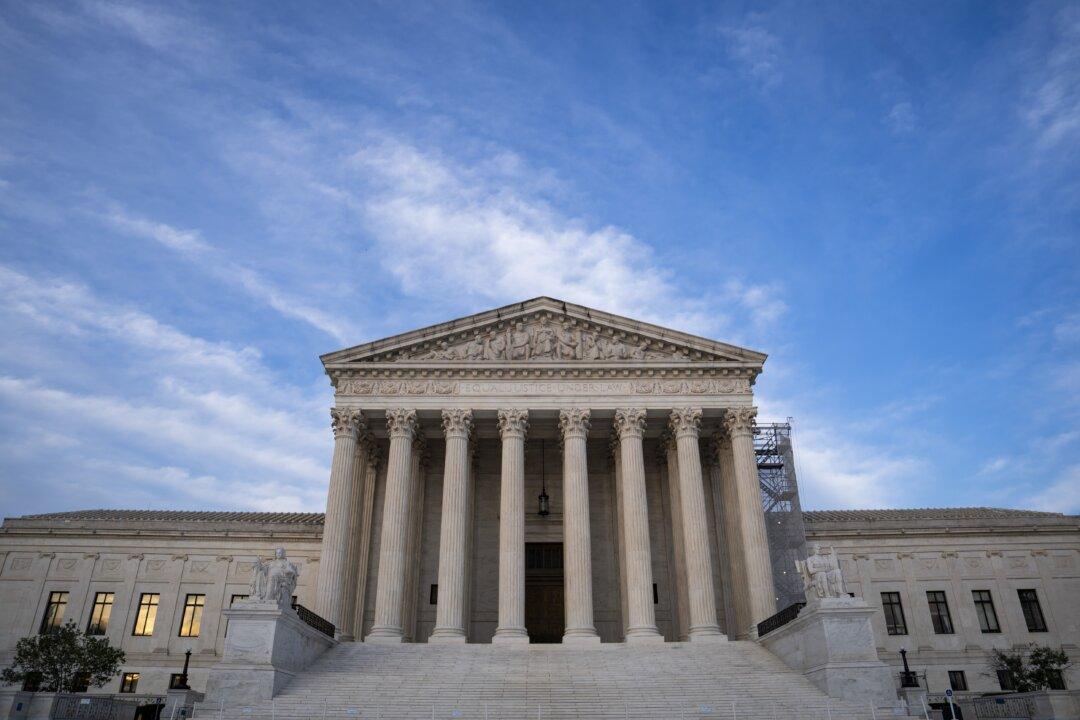Commentary
On June 28, the Supreme Court of the United States officially invalidated the Chevron deference doctrine. May it rest in pieces.

On June 28, the Supreme Court of the United States officially invalidated the Chevron deference doctrine. May it rest in pieces.